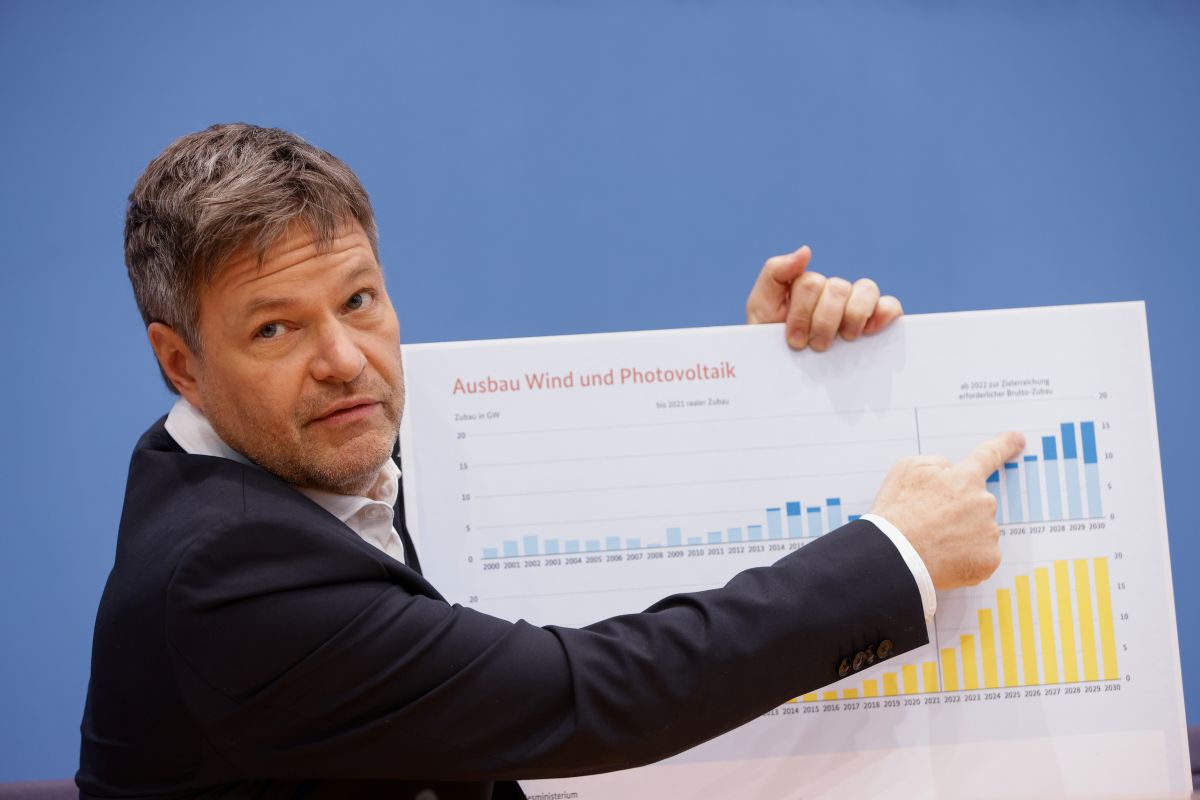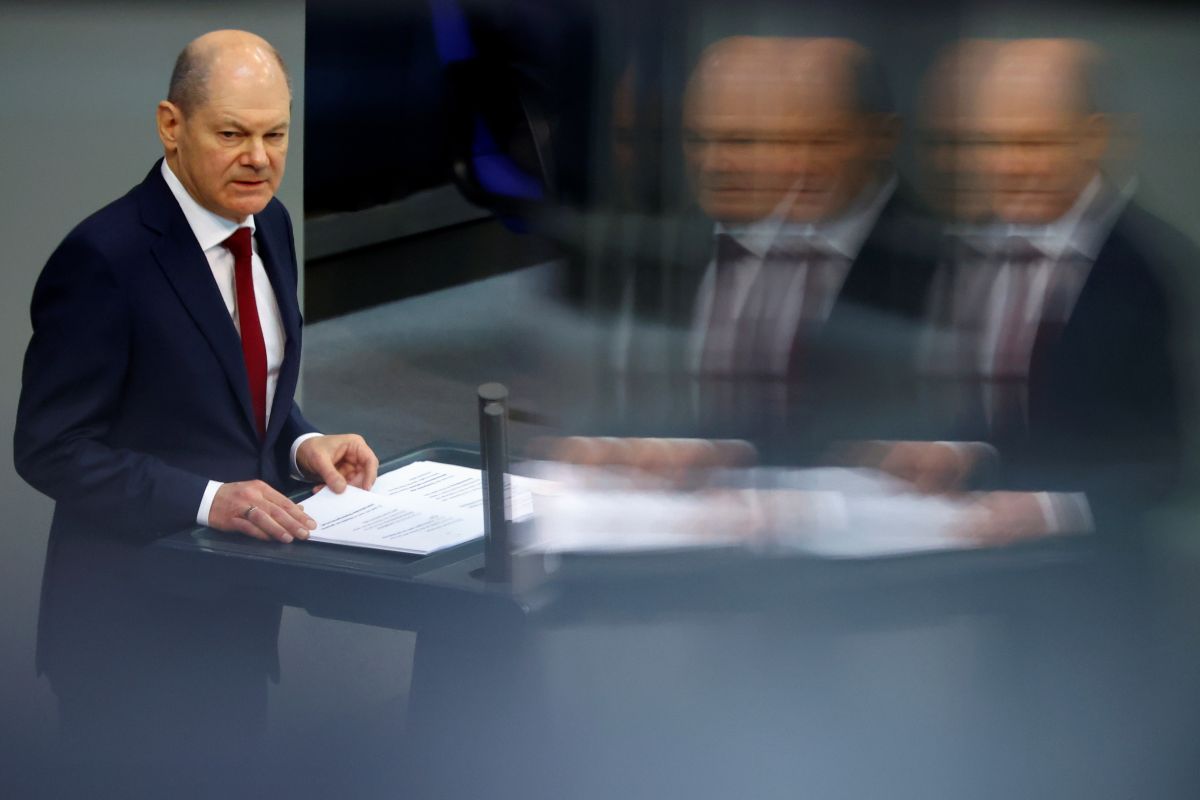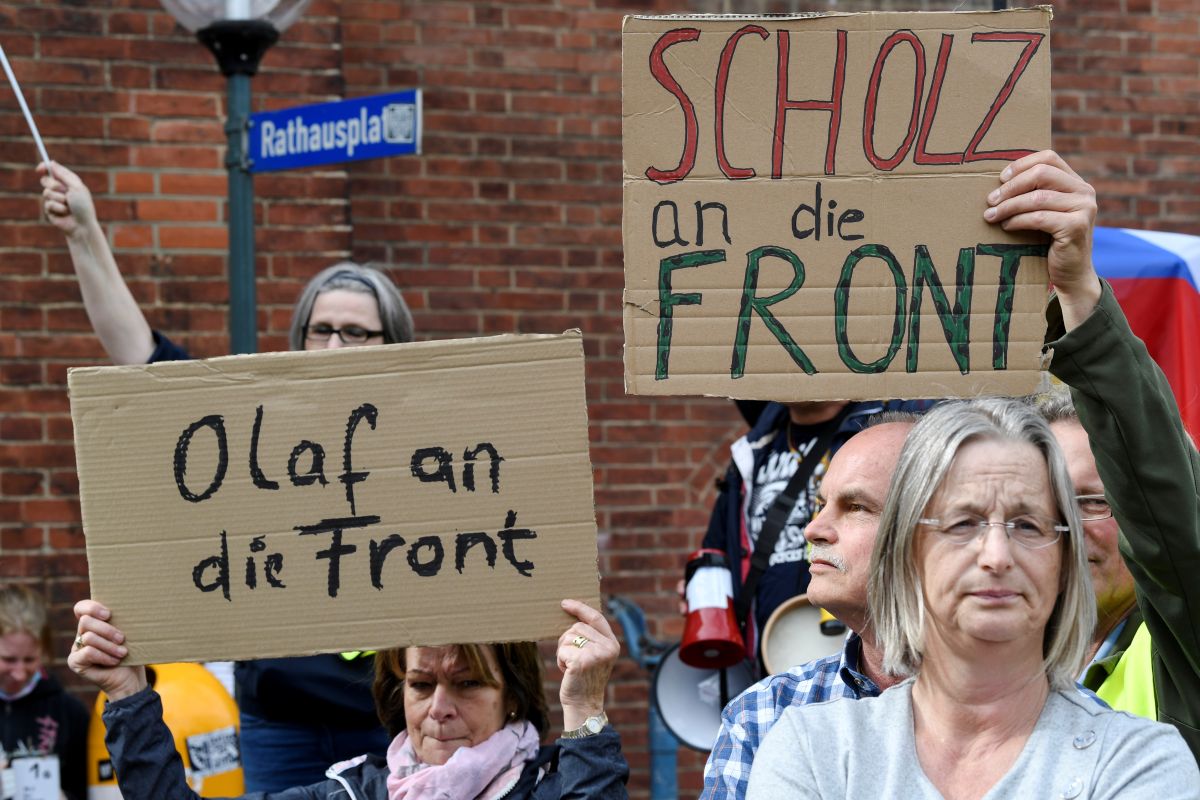Sahra Wagenknecht Alliance Mounts a New Populist Challenge in Germany
On 8 January, a new party, the Sahra Wagenknecht Alliance (BSW) “Reason and Justice”, was officially formed by some Die Linke activists. The formation combines calls to expand social benefits and the welfare state with demands to curb migration to Germany and criticism of the cultural and social changes taking place. BSW will be a political threat to both Die Linke and Alternative for Germany (AfD). Its electoral success will depend on attracting voters away from these parties and its ability to quickly build structures in all Bundesländer.
 ANNEGRET HILSE / Reuters / Forum
ANNEGRET HILSE / Reuters / Forum
Factors Fostering New Parties
Germany’s political scene is evolving towards greater fragmentation and a weakening of the positions of the largest parties, the CDU/CSU and SPD. According to polls from January this year, support for the Christian Democrats has declined from 41.5% to around 30% since 2013, while the Social Democrats’ ratings have fallen from 25% to around 15%. The reason is dissatisfaction with the way the parties have managed the crises of the pandemic, the war in Ukraine, and irregular migration. In addition to weakening positions, both the CDU and SPD are also facing ageing electorates. In the last Bundestag elections in September 2021, the Christian Democrats were supported by just 11% of voters aged 18-25, and the Social Democrats by 14%. These reasons favour the emergence of new, smaller political groups and movements.
According to the Friedrich Ebert Foundation’s 2022–2023 study, trust in both state institutions, media, and incumbent political parties is in decline in Germany compared to 2019. This trend is accompanied by increasing radicalisation, with 38% of those surveyed admitting to believing in one or more conspiracy theories, and as many as 29% moving towards authoritarian solutions. The scale of public frustration is evidenced by the fact that 39% of those surveyed believe they have no influence on the situation in the country. All of these factors point to expanding opportunities for new political groupings.
The anti-system parties are boosted by the complicated economic and social situation in Germany and the difficulties of the ruling coalition. Already in 2022, the German government’s hesitation over aid to Ukraine weakened Chancellor Olaf Scholz. The government’s conservative policy on arms supplies and lack of clear messaging have undermined Scholz’s leadership in the eyes of the public. The federal government also faces a series of other problems, including the largest wave of irregular immigration since 2015, an economic recession (2023 saw a 0.3% year-on-year decline in GDP), and nearly 6% inflation. In addition, a November Constitutional Tribunal verdict that challenged the transfer of unspent funds originally earmarked for stabilising the economy after the COVID-19 pandemic to the Climate and Transformation Fund led to a budget crisis and the need to make socially unpopular cuts in public spending, such as the removal of fuel subsidies for farmers, which triggered mass protests and roadblocks. All of these factors caused more than 80% of those surveyed to rate the work of the SPD, Greens, and FDP coalition government poorly, according to polls from earlier this year.
BSW—Leader and Programme
The political party that formed on 8 January is headed by former Die Linke politician Sahra Wagenknecht. She has been a member of the Bundestag since 2009 and also led Die Linke’s parliamentary faction from 2015-2019. According to polls, she is the third most-popular politician, behind only Minister of Defence Boris Pistorius (SPD) and the Prime Minister of Bavaria Markus Söder (CSU).
Wagenknecht’s name recognition and popularity stems from her activity in media (both traditional and social media) and her rhetorical prowess. During the pandemic, she criticised the vaccination programme, winning the sympathy of protesters against sanitary restrictions. The scale of her popularity is evidenced by the fact that a fund-raising campaign for the future party, announced last October, has so far raised more than €2 million from individual donors.
The new party’s programme is a combination of left-wing demands related to the expansion of social benefits and higher taxes on the wealthy with conservative elements, such as fighting “illegal” migration. A nod to supporters of conspiracy theories is seen in the party’s opposition to the “manipulation of people by corporations, secret services and governments”, undermining trust in the federal government. The party also criticises energy transition plans as too costly for ordinary Germans, hitting directly at the Greens and Vice-Chancellor Robert Habeck.
Particularly concerning from Poland’s point of view is the BSW’s foreign policy vision. Wagenknecht has already spoken out against sanctions on Russia in previous years, calling for their suspension. She opposes supplying arms to Ukraine and more funding for the Bundeswehr. Part of the BSW’s agenda is anti-Americanism and criticism of NATO, claiming that its “expansion to the East” led to the outbreak of war in Ukraine. The BSW leader is also sceptical of the EU in its current form and advocates the idea of looser European integration than at present. According to Wagenknecht, a new European security architecture can only be created with Russia’s participation. The BSW leader has been proclaiming these views consistently for more than a dozen years, which makes it possible to conclude that Poland, as well as Central and Eastern Europe as a whole, is, for Wagenknecht, an area that Germany should neither defend nor support within NATO nor the EU, recognising the de facto primacy of Russian interests.
Expected Impact on German Politics
The first test of the new party will be the European Parliament elections, which will be held on 9 June. In September, the BSW will run in elections to the Bundesländer parliaments in Brandenburg, Thuringia, and Saxony, where the AfD is the strongest party. According to polls, the new party can count on 8-11% of the vote in the first two states, while in Saxony it balances on the verge of the electoral threshold. At the federal level, the BSW is likely to win the support of about 12-14% of voters, and nearly 30% of those surveyed do not rule out voting for it in the future.
Wagenknecht is counting on both winning over existing Die Linke voters and the more moderate part of the AfD. She is also targeting a portion of the SPD’s socially and pacifist-leaning voters, as well as CDU/CSU supporters who see their party as having moved away from conservative values.
The biggest challenge for the BSW remains building structures in all the states. Wagenknecht will be counting on the local activists and structures of Die Linke, and to a lesser extent those of the AfD and SPD, to join her party. An example of this is the declaration of former Düsseldorf Mayor Thomas Geisel, who left SPD and joined BSW.
The rivalry over a similar electorate and Wagenknecht’s own declaration exclude a coalition with the AfD at the federal level. However, potential areas for informal cooperation could include criticism of the green transition, the delivery of weapons to Ukraine, scepticism of NATO, and a drive to improve relations with Russia.
Conclusions
Initial polls that include the new political party indicate a growing degree of disillusionment with the government of the SPD, FDP, and the Greens. If these results are confirmed in the European and state elections, it will indicate a weakening of the main parties, especially the SPD, in favour of newly emerging anti-system groups such as the AfD and BSW. The first polls favourable for Wagenknecht’s party should be taken as evidence of the scale of public frustration in Germany. The BSW’s and AfD’s ratings also indicate that views considered extremist and populist are becoming more widely accepted, and that parties that preach them may be a lasting and important part of political life in Germany. The hallmark of the new grouping is the combination of demands from both the far-left and the extreme-right.
If BSW is successful in the EP elections with a double-digit result, it would mean a good starting point for the new party ahead of the Landtag elections and next year’s Bundestag elections. The presence of strong BSW and AfD representation at the federal level will force the other political parties into complicated and less-permanent government coalitions than before. At the state level, especially in Brandenburg and Thuringia, the participation of the BSW may be necessary to establish governments (assuming that in these elections AfD wins, as indicated in polls, but the other parties continue to isolate it).
The new party’s anti-Americanism, scepticism of NATO, and desire to return to cooperation with Russia are an important part its identity. They are at odds with the interests of Poland. Any contact with Wagenknecht will be highly inadvisable from this point of view. Given that this politician does not see Poland as an important neighbour of Germany and that it is a populist party, any attempts to persuade her to change her approach to foreign and security policy issues are likely doomed to failure.







.jpg)